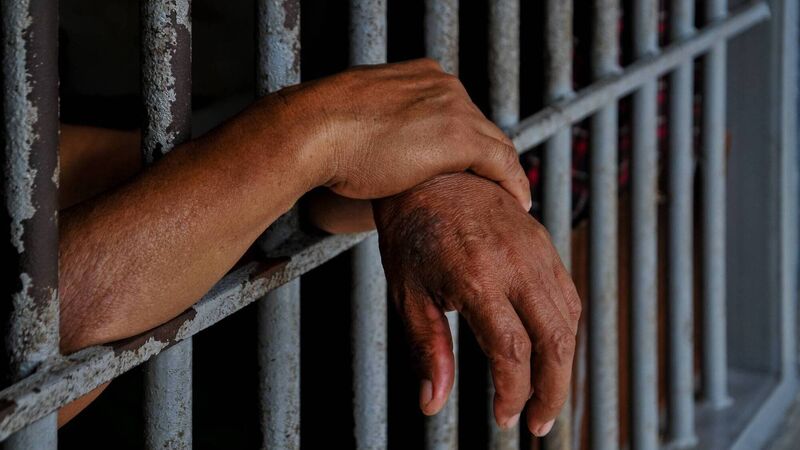Mick Clifford: Conditions in Irish jails an unwarranted extra penalty on prisoners

Picture: iStock
Cynthia Ní Mhurchú was outraged at the news emerging from Irish prisons. Earlier this month she professed herself to be in a state of shock. Figures provided to the Ireland South MEP by the authorities were “truly shocking”.
Was she referring to the figures that highlight chronic overcrowding in prisons right now, including at a rate of 155% for women prisoners in Limerick?













